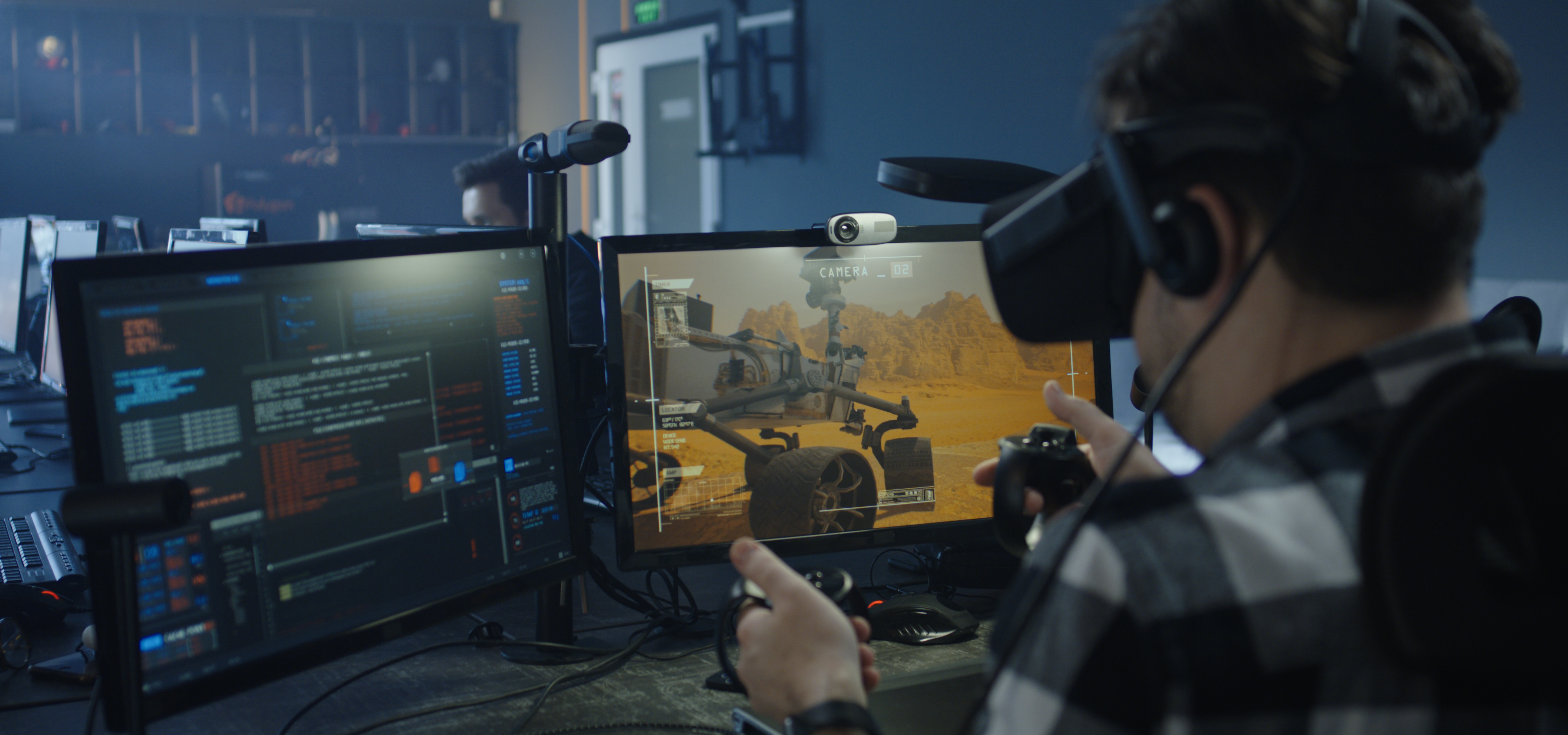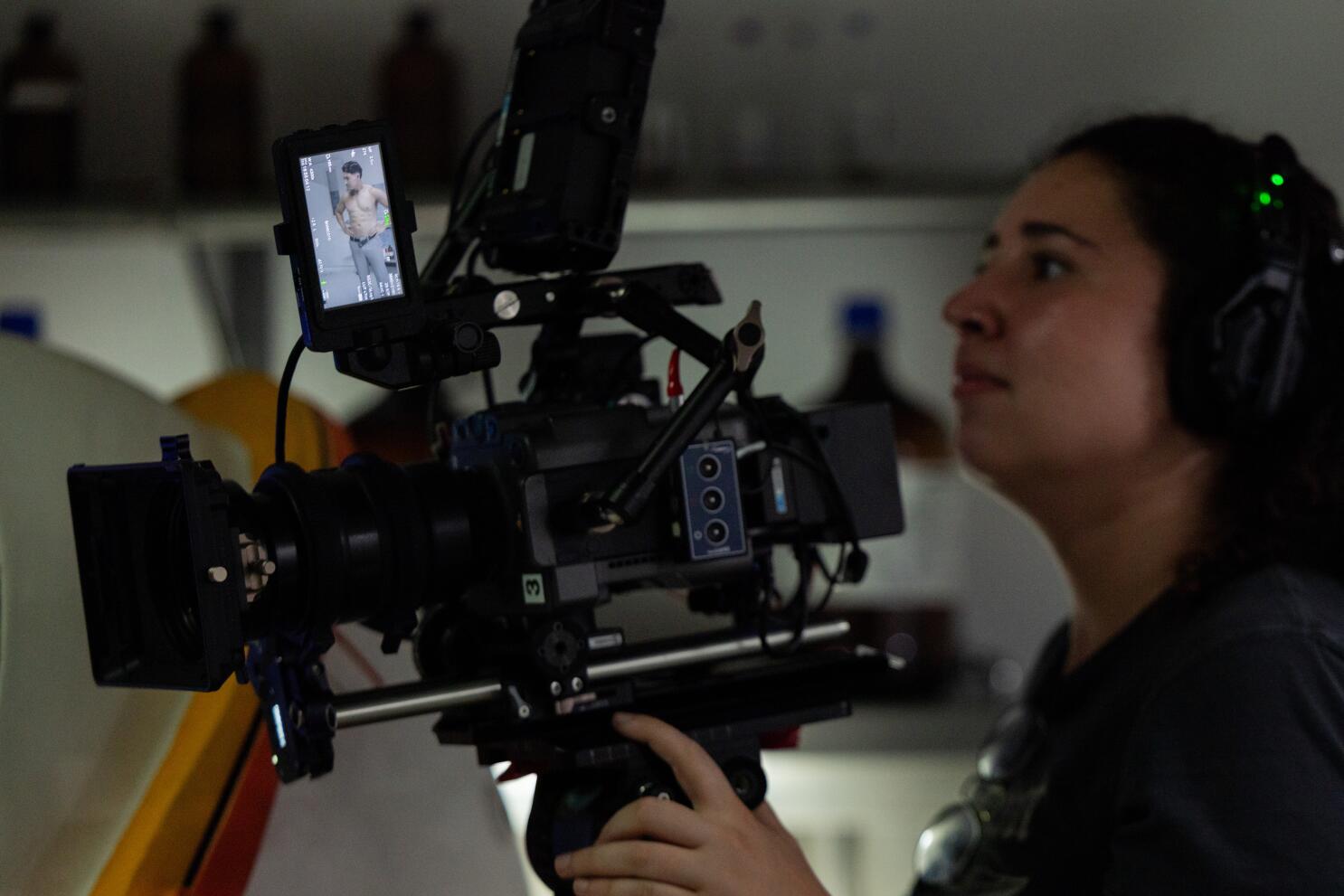The global demand for short-form video content, particularly short dramas, has surged in recent years, with short drama apps garnering 148 million downloads worldwide in 2024. This explosive growth, driven largely by platforms like TikTok, has created unprecedented opportunities for content creators to reach international audiences. However, language barriers pose a significant challenge for small-scale creators aiming to export their work. Enter AI-powered translation tools like CapCut Pro and ElevenLabs, which are revolutionizing subtitling and dubbing, enabling creators to localize content efficiently and cost-effectively. These tools leverage advanced speech-then-text, multilingual subtitle generation, and text-to-speech (TTS) dubbing to break down linguistic barriers, but they also face challenges in capturing cultural nuances. In this case, what can they do to make it through these difficulties?
The Rise of AI in Subtitling and Dubbing
AI translation tools have transformed the localization process by automating and streamlining tasks traditionally handled by human translators and voice actors. CapCut Pro, a popular video editing platform, offers robust AI-driven features, including speech-to-text transcription and multilingual subtitle generation. Creators can upload a video, select the source and target languages, and generate accurate subtitles in over 27 languages, such as English, Chinese, and Spanish, with precise synchronization. The platform’s auto-caption feature further enhances accessibility by aligning subtitles with video playback, making it ideal for short dramas targeting diverse audiences.
Similarly, ElevenLabs excels in AI dubbing, offering voice translation across 29 languages while preserving the original speaker’s tone and emotion. Its Dubbing Studio automates the transcription, translation, and voice synthesis process, ensuring lip-sync accuracy and natural-sounding voiceovers. For instance, a Chinese short drama can be dubbed into English in minutes, maintaining the emotional depth of the original performance. These tools drastically reduce the time and cost of localization, which traditionally ranges from $100 to $500 per hour for professional dubbing. With AI, creators can produce multilingual content at a fraction of the cost, making global distribution feasible for smaller studios.
Advantages of AI-Powered Localization
The primary advantages of AI translation tools are their efficiency and affordability. Unlike manual dubbing, which requires coordinating voice actors and post-production teams, AI processes are near-instantaneous. CapCut’s AI dubbing can translate and sync audio in minutes, while ElevenLabs’ advanced voice cloning ensures dubbed voices sound authentic. This speed is critical for short dramas, where rapid content turnaround is essential to capitalize on trending topics on platforms like TikTok.
Cost-effectiveness is another game-changer. By eliminating the need for professional studios, AI tools enable small-scale creators to compete in global markets. For example, a Chinese short drama creator can use CapCut to generate English subtitles and ElevenLabs to dub the dialogue, then promote the content on TikTok to reach North American or European audiences. The accessibility of these tools democratizes content creation, allowing independent creators to tap into the 75% of global viewers who don’t speak English.
Challenges in AI Translation
Despite their advantages, AI translation tools face challenges, particularly in handling cultural nuances. Subtle expressions, idioms, or humor often lose their impact when translated literally. For instance, a Chinese drama’s culturally specific joke may not resonate with English-speaking audiences if the AI fails to adapt it contextually. While tools like ElevenLabs allow manual editing of transcripts to refine translations, this process requires human oversight to ensure cultural relevance. Additionally, rare languages or complex grammatical structures can pose difficulties, as AI models may lack sufficient training data to deliver accurate translations.
Lip-syncing is another hurdle. Although CapCut and ElevenLabs offer advanced lip-sync features, minor misalignments can disrupt the viewing experience. Creators must often tweak settings or use additional editing tools to achieve seamless results. These challenges highlight the need for ongoing advancements in AI to better capture linguistic and cultural subtleties.
Real-World Success and Future Trends
A notable success story involves a Chinese short drama creator who used CapCut and ElevenLabs to localize a romantic comedy series for TikTok. By translating the dialogue into English and generating synchronized subtitles, the creator reached over 1 million views in the U.S. within a week, leveraging TikTok’s algorithm to boost visibility. This case underscores how AI tools empower creators to scale their content globally without significant financial investment.
Looking ahead, the future of AI in short drama localization is promising. As AI models improve, we can expect better handling of cultural nuances and support for more languages. Integration with platforms like TikTok and YouTube will likely deepen, enabling one-click translation and distribution. Moreover, advancements in voice cloning and lip-syncing will enhance the authenticity of dubbed content, making AI an indispensable tool for global storytelling.
In conclusion, AI-powered translation tools like CapCut Pro and ElevenLabs are transforming short drama exports by offering efficient, cost-effective solutions for subtitling and dubbing. While challenges like cultural adaptation remain, the ability to reach global audiences with minimal resources is empowering creators worldwide. As the short drama market continues to grow, AI will play a pivotal role in shaping its global future.











